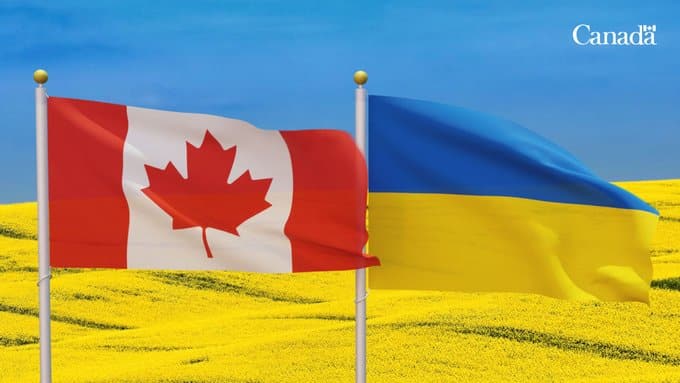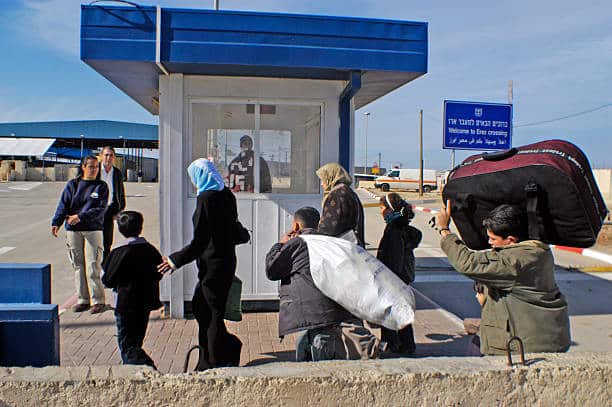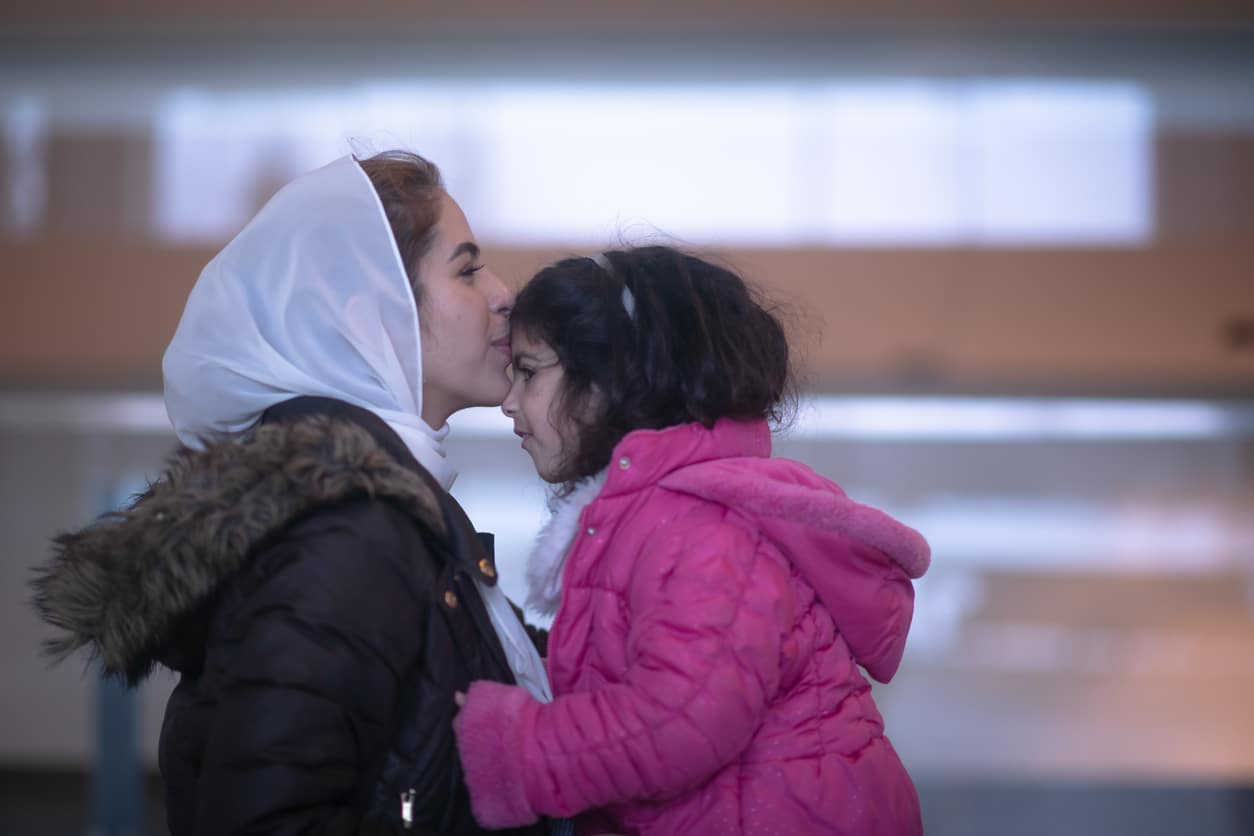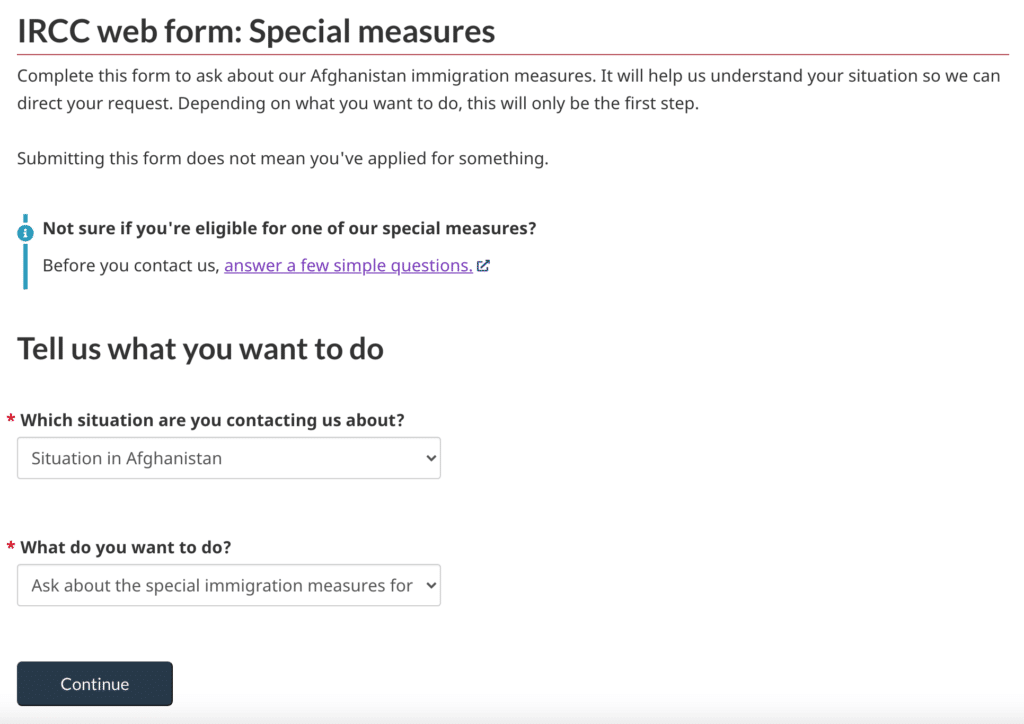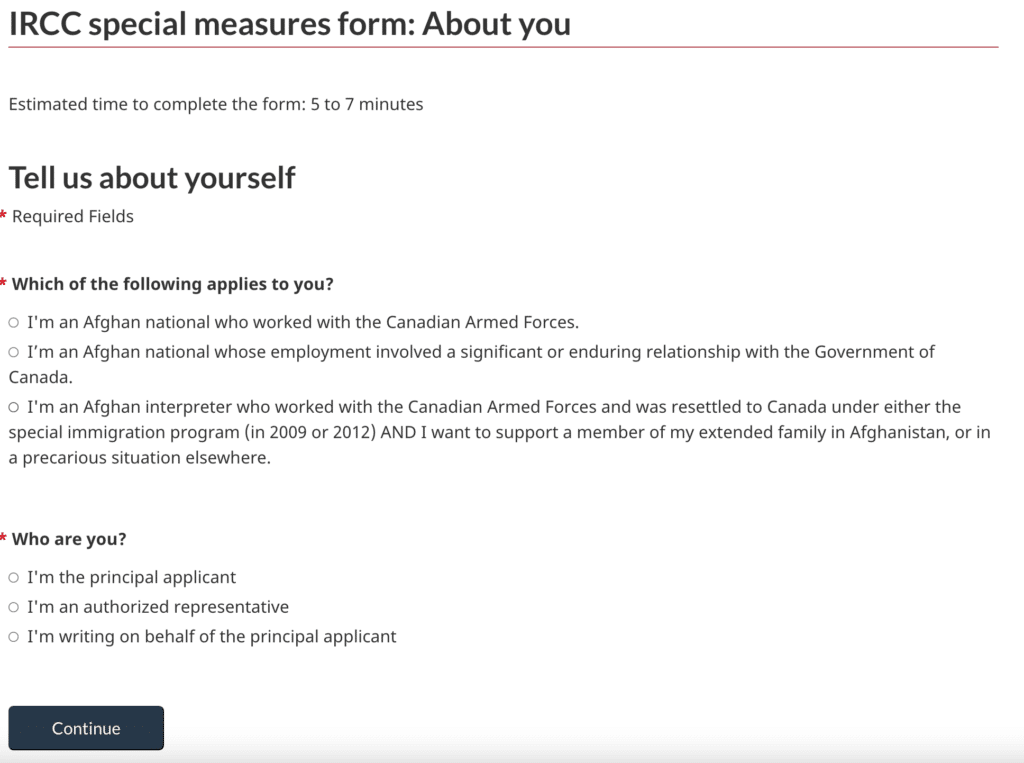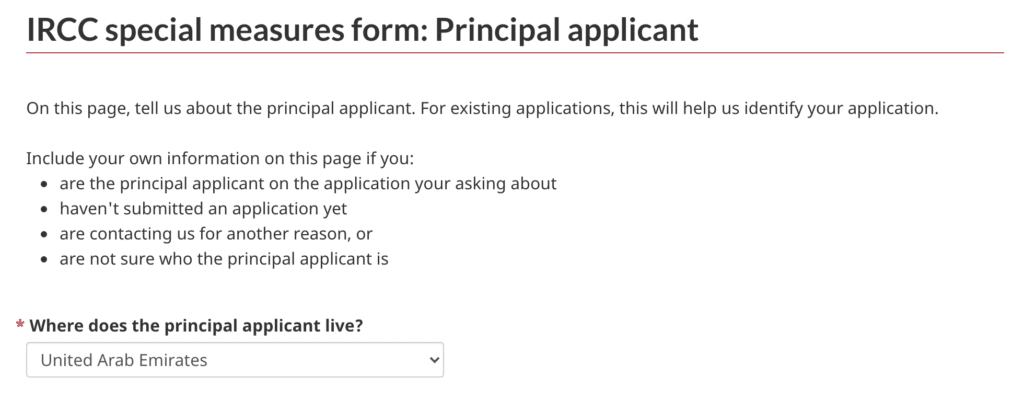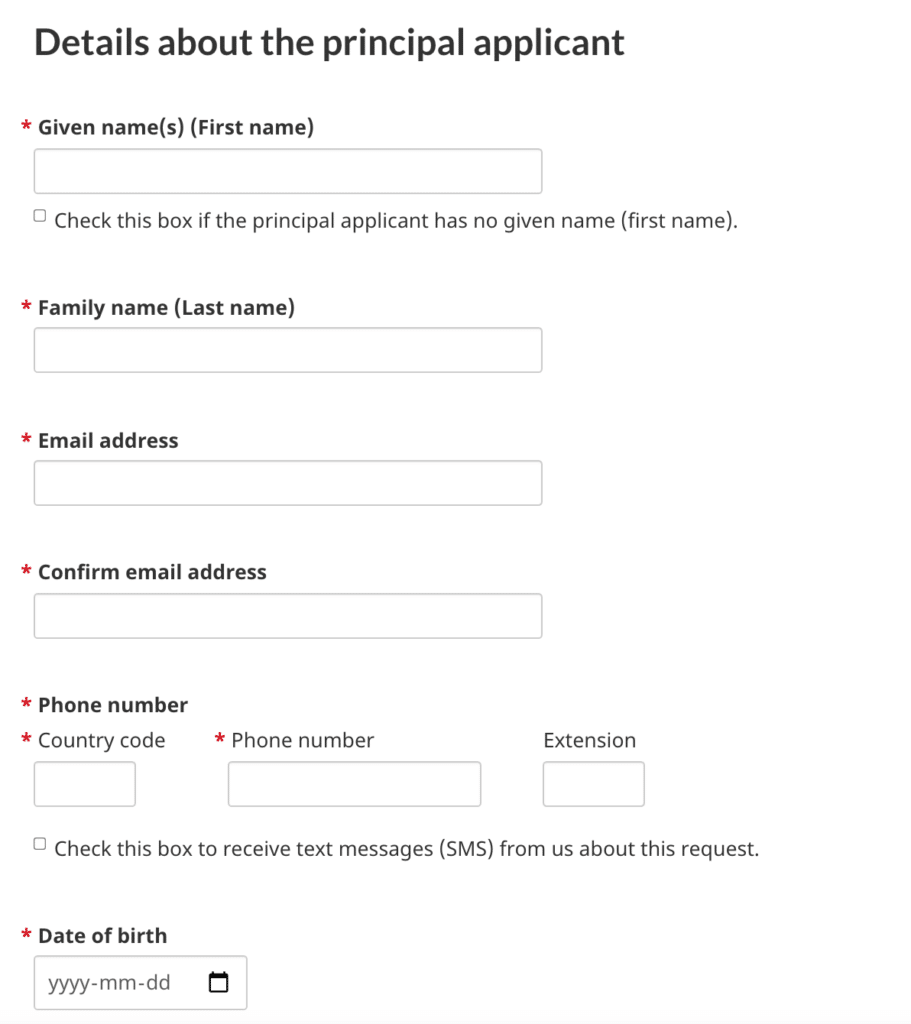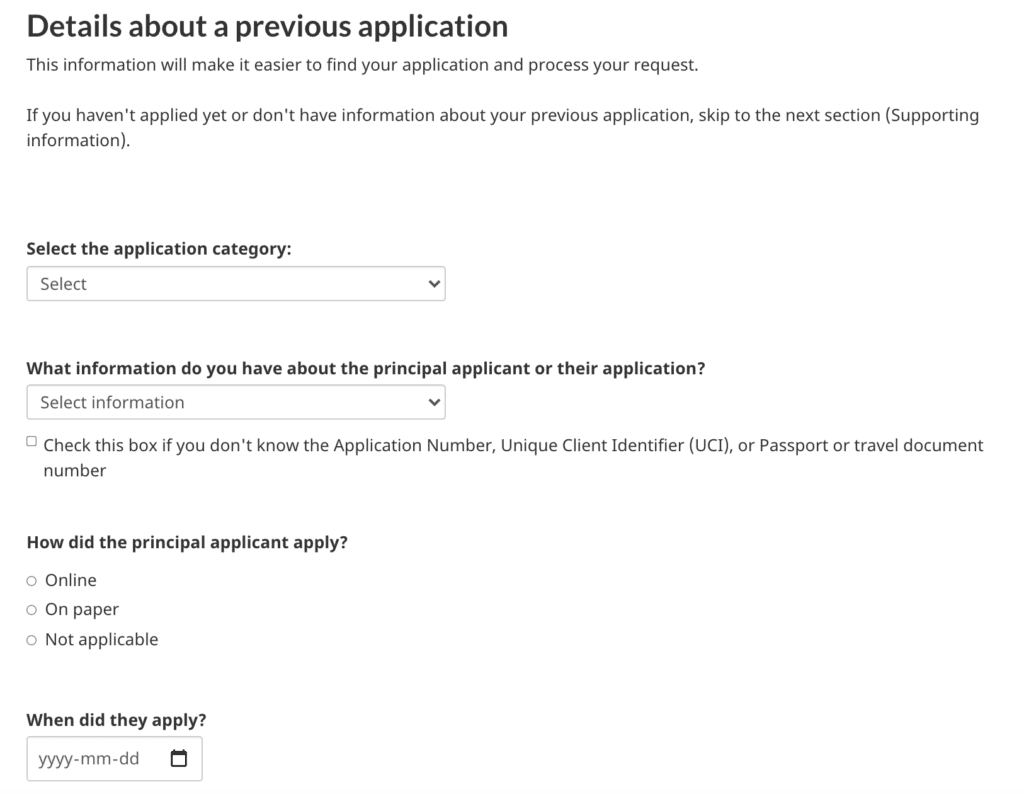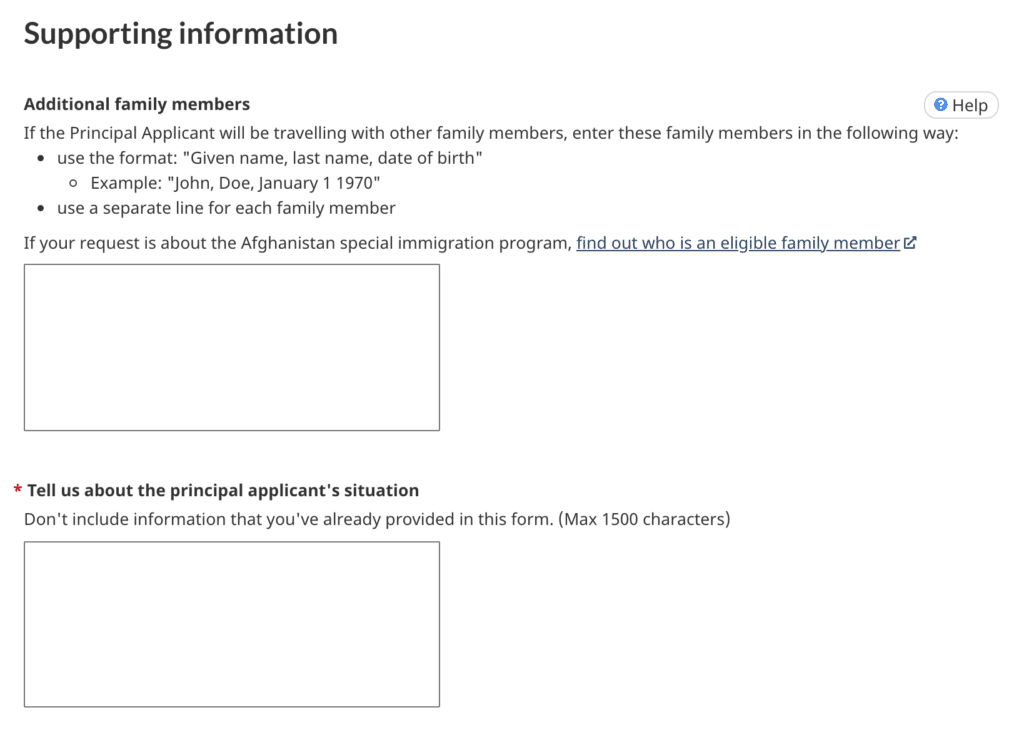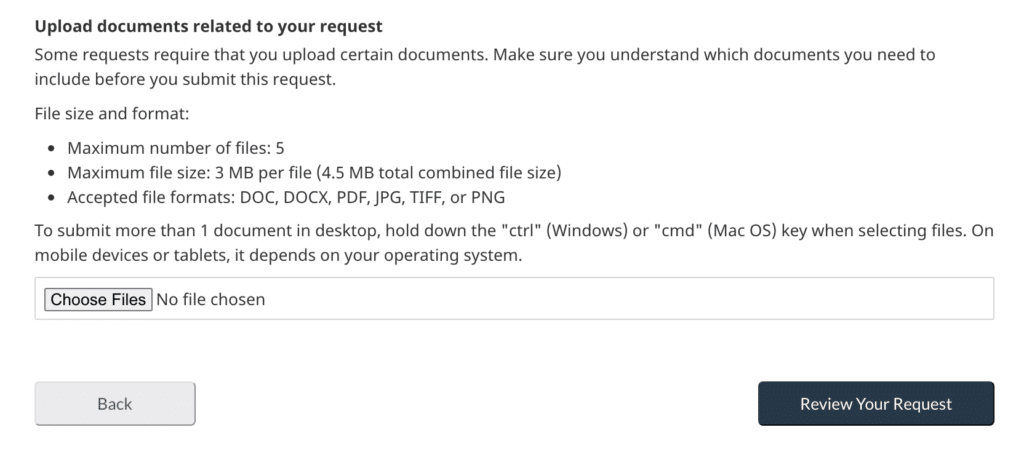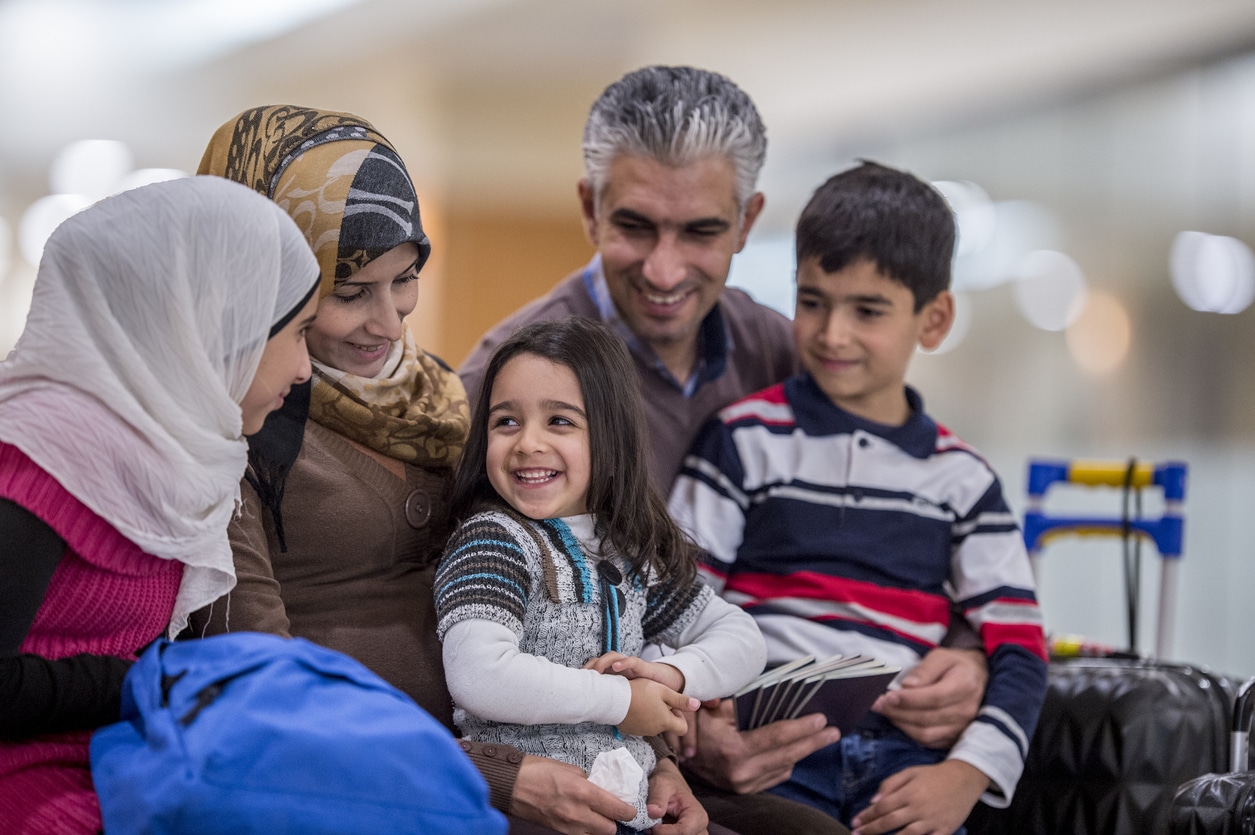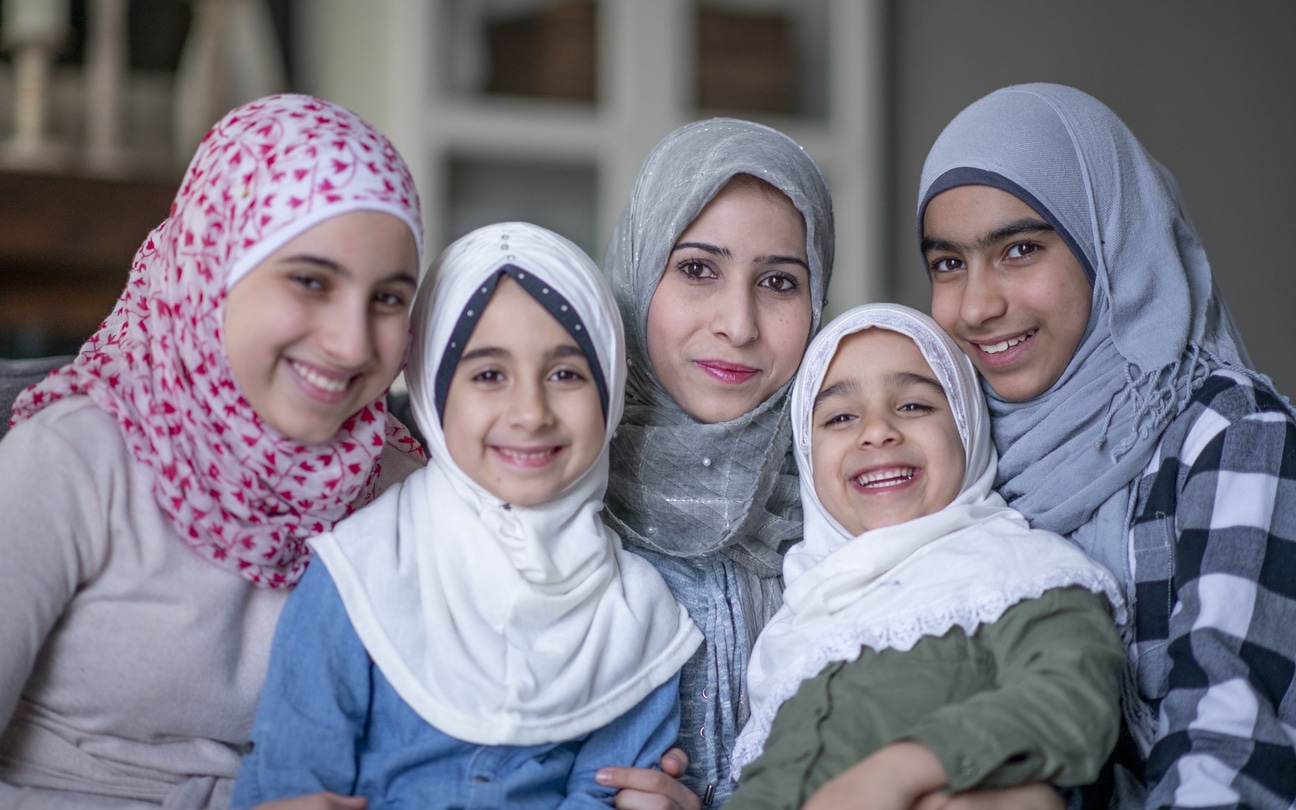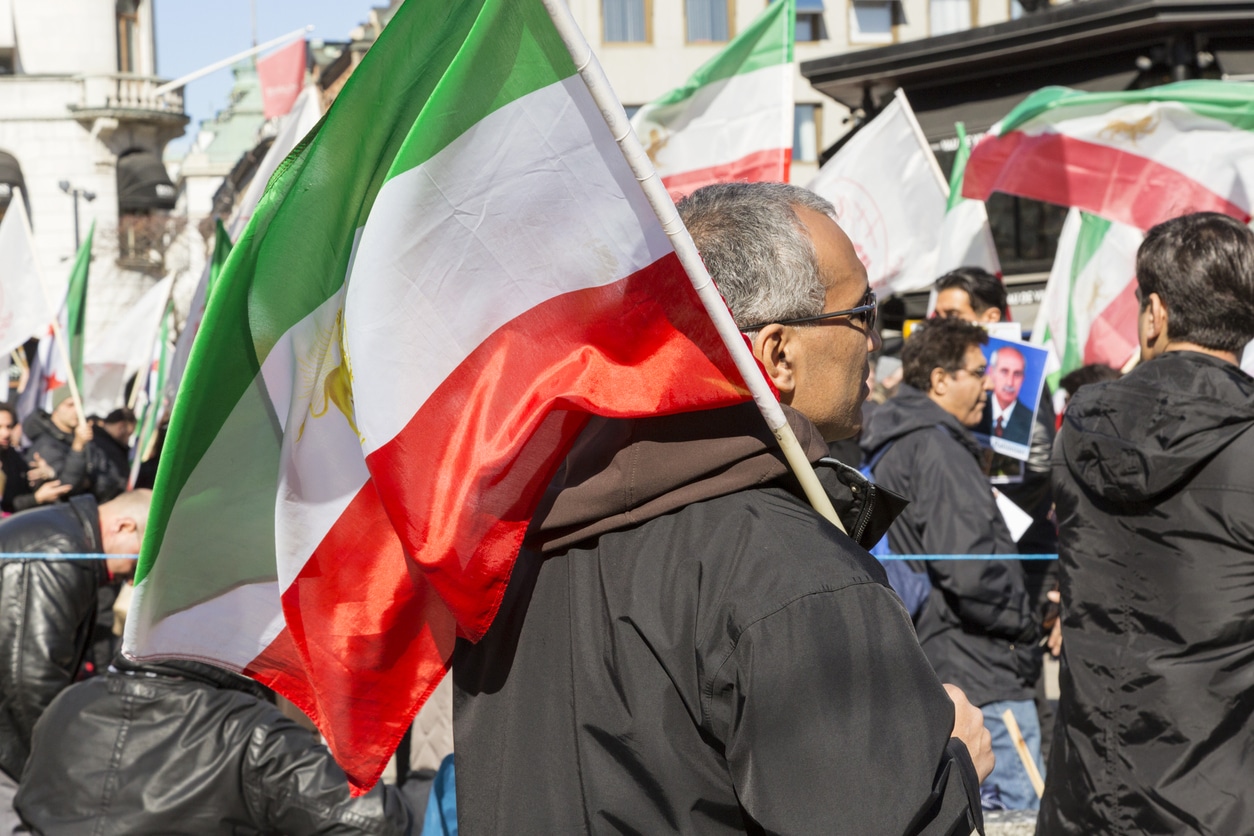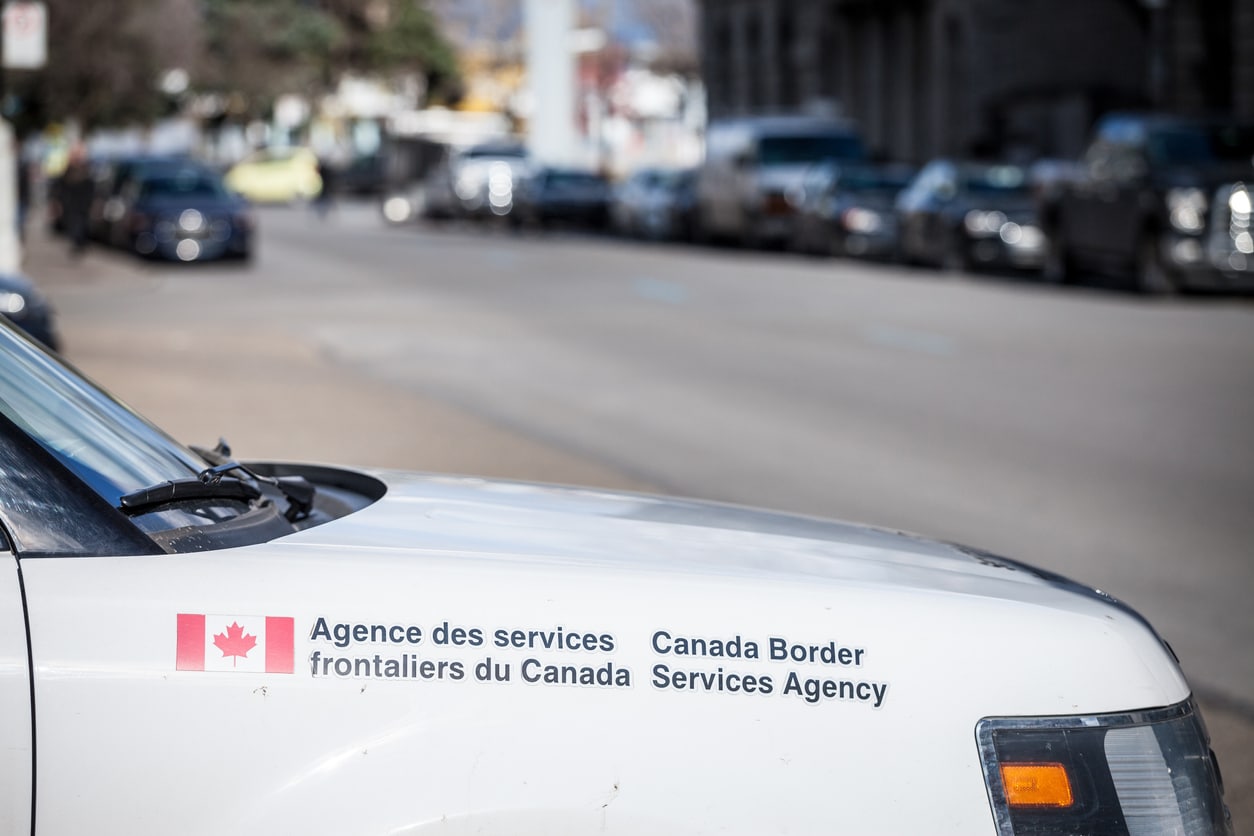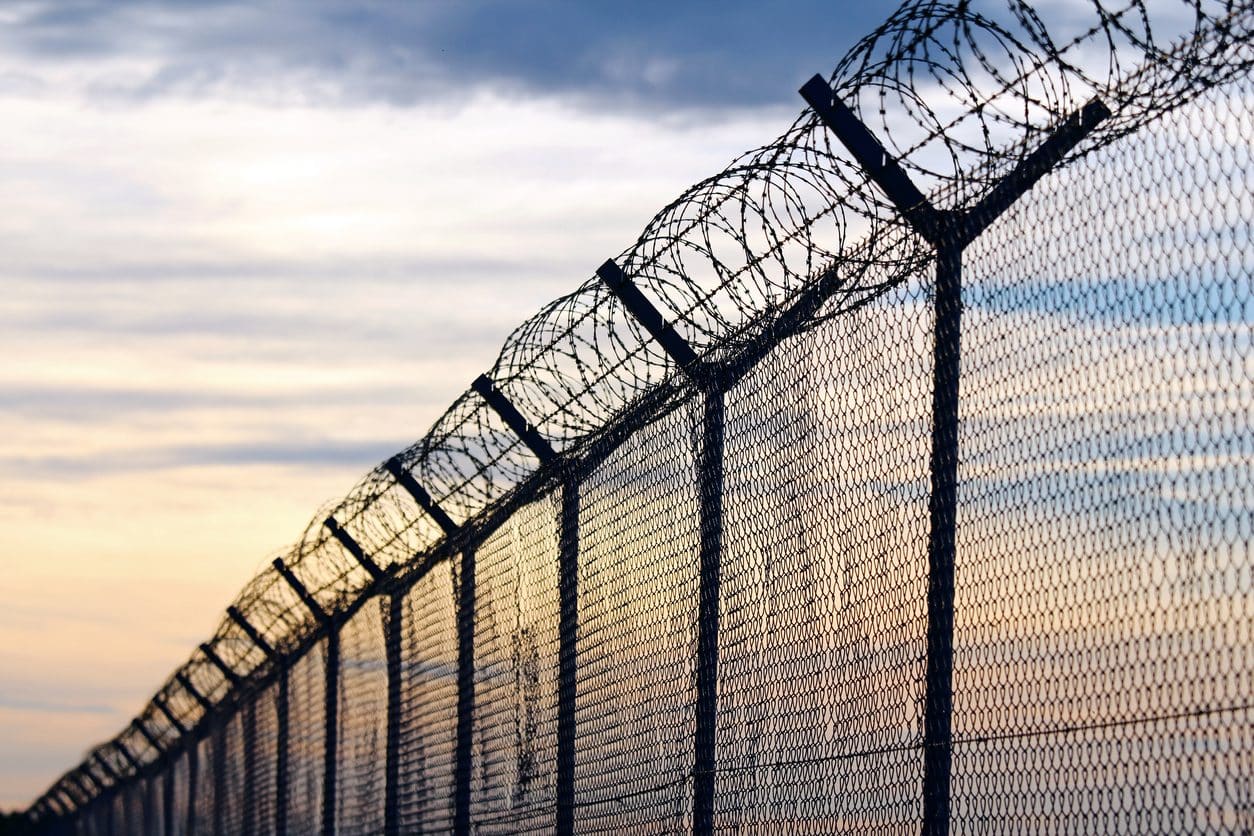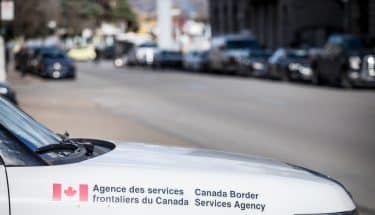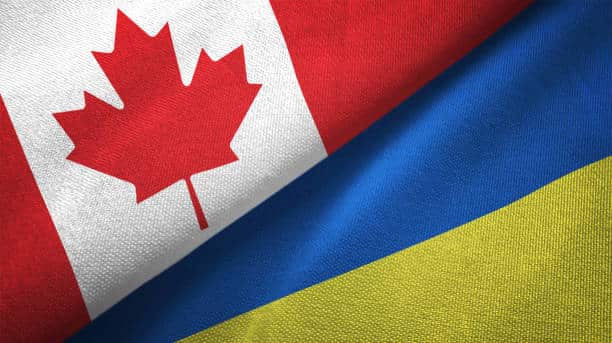
Canada has unveiled a new pathway to Canadian permanent residence, extending a warm welcome to those affected by the Russian invasion and war. This new pathway is a testament to the enduring bond between the two nations and a recognition of the need to provide a secure haven in troubled times. Canada responded to the invasion of Ukraine by Russian President Vladimir Putin’s soldiers in February of last year by welcoming Ukrainians and establishing the Canada-Ukraine Authorizations for Emergency Travel (CUAET) channel within a few weeks.
The newly introduced pathway to Canadian permanent residence, which started on October 23, 2023 and will be open for one year, offers eligible Ukrainians a streamlined process to call Canada their new home. Applicants will find an accessible and straightforward application process designed to expedite their journey to becoming permanent residents. As Minister of Immigration, Refugees, and Citizenship Canada, Mark Miller stated,
“We continue to extend unwavering support and a lifeline to families separated by this conflict, including through this family reunification pathway that will help Ukrainian families stay together as they rebuild their lives in their new communities in Canada. “This continued support builds on our steadfast commitment to help Ukrainians find a safe haven and provide them with the assistance they need.”
How does the new PR pathway for Ukrainians work?
A new temporary public policy will make it easier for some Ukrainian nationals who are currently in Canada to apply for Canadian permanent residency if they have family members who are citizens or permanent residents of Canada. Additionally, it will make it easier for their qualified family members who live outside of Canada to obtain permanent resident visas.
The deadline for eligible individuals to submit their application for a permanent resident visa is October 22, 2024.
Under the new method, Ukrainian foreign nationals in Canada and their families are eligible to apply for permanent residence, even if their relatives reside outside of Canada. Once their eligibility is verified, IRCC will require them and their families to undergo any necessary medical examinations, conduct criminal and security checks, collect biometric data if necessary, and notify them if their application has been processed.
Relatives of Ukrainians living in Canada who meet the requirements include:
- spouses and common-law partners;
- children (regardless of age);
- grandchildren;
- parents;
- grandparents, and;
- sibling (or half-sibling).
Access to high-quality healthcare, education, and a safe and peaceful environment for raising families are just a few of the benefits. Ukrainians now have the opportunity to build their lives in a nation known for its multicultural and welcoming ethos. Canada is supporting Ukrainians with financial support of $3,000 per adult and $1,500 per child for their basic needs while travelling and searching for a new job. Beside these benefits, there are many more, such as a dedicated service channel, urgent processing of travel documents, permission to extend their stay in Canada, and the issuance of open work permits to Ukrainian visitors, workers, and students for staying longer.
The new pathway to permanent residence for Ukrainians in Canada marks the beginning of an inspiring journey. It’s a testament to the enduring ties between the two nations and a beacon of hope for those seeking a fresh start. As Ukrainians step onto Canadian soil, they bring with them dreams, ambitions, and the potential for a brighter future for both themselves and their new home. This underscores Canada’s enduring commitment to standing with those in need.


